It is only in Indian culture that musical instruments are ascribed to Gods and Goddesses. Lord Shiva is the king of Dancers, and called ‘Natraja’. Lord Krishna is a great Flutist. Goddess Saraswati is a great Veena Player. In this way almost every God and Goddess is associated with some instrument. Indian music has got vast background and cultural heritage.
In present time the music education system has completly changed. The glory of Indian Music has spred all over the world.
This book mainly deals with the compositions (Gat or Bandish) for strined instruments like Sitar, Sarod, Santur, Vichitra, Veena etc. I have tried to given a good collection of compositions (Gat) of different Ragas and Tales in English, so that the students can understand easily.
There are six chapters in this book First to fourth chapter is related to running matter. In Fifth chapter there are Sixteen compositions from one beat to sixteen beat in different Ragas. Constructed in Teenlal. In six chapter there are total one hundred and five Ragas. Every Rag has two to four compositions. Some Ragas have two fast compositions, one is other than Teenital e. g. Ektal, Jhaptal, Rupak, Adachartal etc.
String Compositions of Twentieth Century is an attempt to present compositions of different ragas and talas in Indian music so that beginners can be acquainted with them. With a short background on Indian music, the work gives a history of the string instrument, sitar, delving into a number of aspects like its parts, sargam for practice (basic exercises), purbhanga and uttaranga, variety of jhola and the method of tuning the sitar. It introduces ragas, their aroh avaroh, and slow and fast composition in teen taal and other talas, and discusses the notion of the talas. Over a hundred ragas are covered in the book, each with slow and fast compositions and some presented in different talas.
Since music was introduced as a subject in many colleges and universities. These are a lot of books in Hindi availale in the market on theory and practical both, especially for vocal music. For Instrumental music also, there are books related to historical and theoritical aspect of music available in the market. But there are very few books which highlight the practical aspect of instrumental music, especially in English.
Now a days, a lot of foreign students are learning Indian classical music, especially sitar. But there is no good book about compositions available for them in the market. So, I have decided to write a book in English which will help the foreign students. By the grace of God and the blessings from my Guru Late Prof. Lal Mani Misra, I have successfuuly completed this book. I hope I will be rewarded for my hard work.

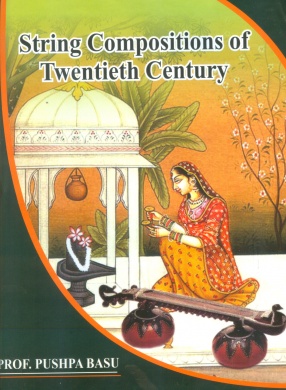
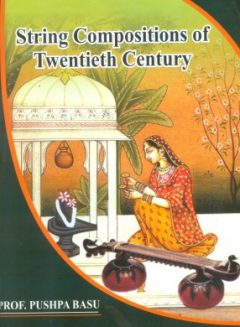
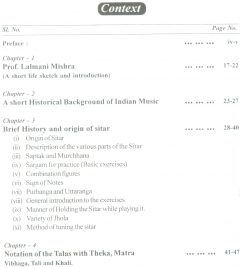
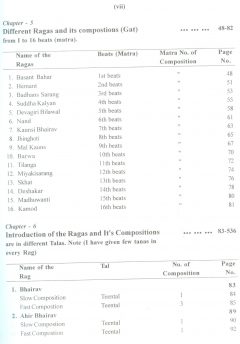

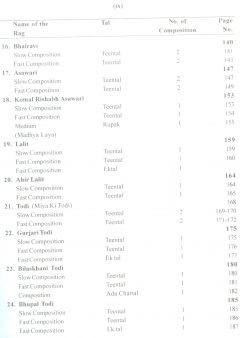
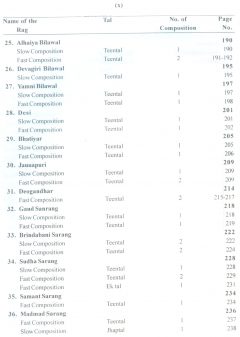
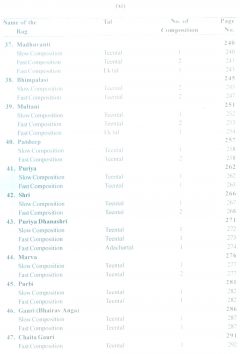
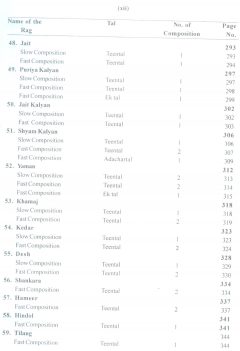
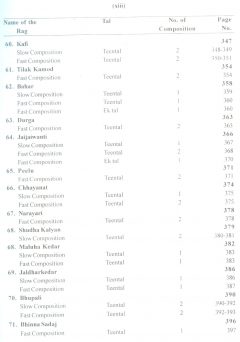
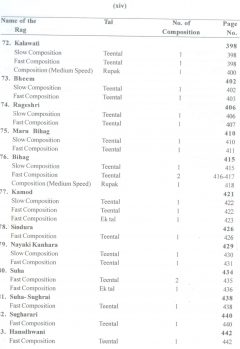
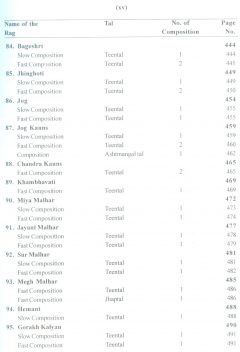
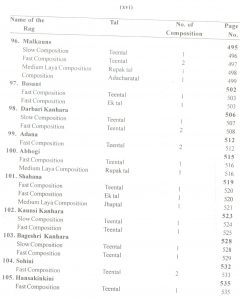
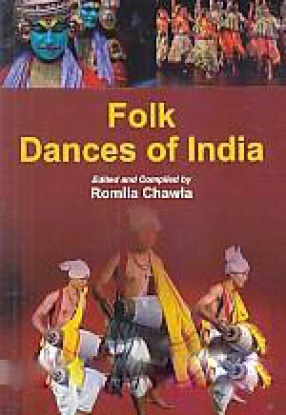
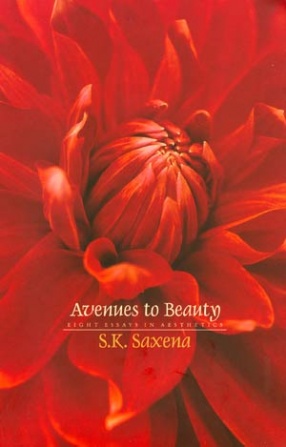
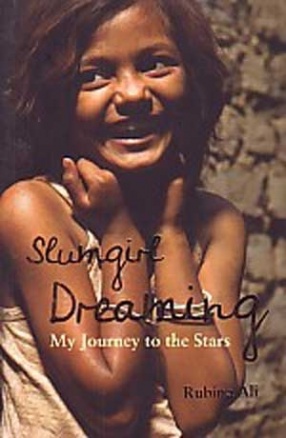
There are no reviews yet.